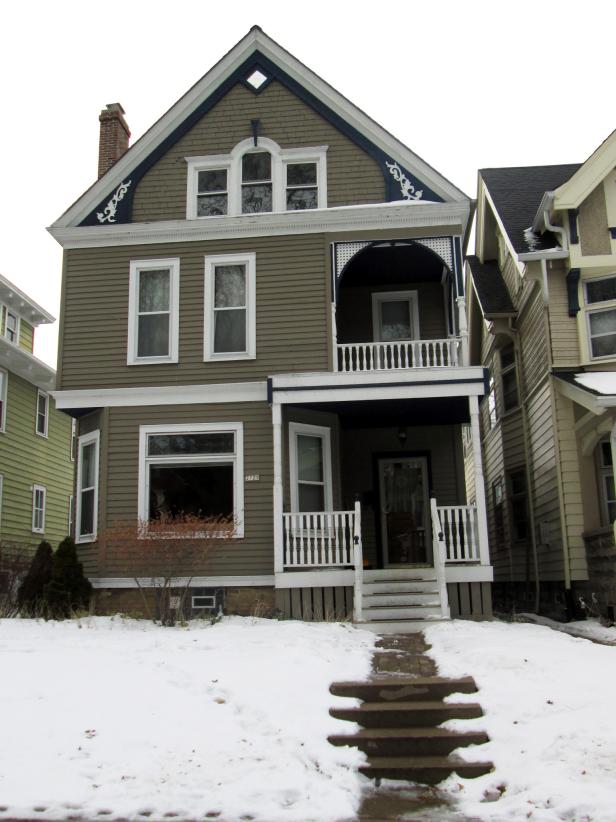Pricing Solutions for 4 Home Selling Scenarios


As if the process of pricing your home for sale isn't complex enough, the specific situation you are in as a seller should be taken into account when it comes to your pricing strategy. A seller who is having trouble making his mortgage payments may take a different approach to pricing than a seller who needs to move fast to start a new job. Whatever your selling dilemma, become a successful home seller by mastering these pricing techniques for four unique scenarios.
Scenario #1: I need to move quickly.
When facing a job relocation or another situation that requires you to sell on a deadline, pricing competitively is key. Jay Thompson, designated broker of Thompson's Realty in Phoenix, Ariz., says sellers who need to move fast should aim to be the lowest priced house on the market.
"If you've really got to move, you've got to come in at significantly less than you're competition is listed at," says Jay Thompson. "And by that I mean at least 15 percent less."
A price cut that steep may distress some sellers, but Thompson urges them to think of the costs and hassles they will incur if they don't sell their home, like continuing to make monthly mortgage payments or finding tenants if they decide to rent out the home.
Scenario #2: I'm in financial hardship and face foreclosure.
Homeowners who need to sell in order to avoid foreclosure are usually upside down on their mortgage and looking at a short sale, an agreement with a mortgage company to sell a home for less than what's owed on it. Pricing a short sale can be tricky because you have to appeal to several parties, says Elizabeth Weintraub, broker associate of Lyon Real Estate in Sacramento, Calif.
On one hand, the price has to be high enough for the bank to accept. As soon as you think you might need to sell your home for less than what you owe on it, contact your lender, complete a short sale application and ask the lender for an estimate of how much of your mortgage they'll be willing to forgive.
On the other hand, the price has to be low enough to appeal to buyers. Short sales can take 90 days or more to close, so they'll have to know they're getting a good deal to put up with the hassle of the process.
"It also has to appeal to the buyer's agent," says Weintraub. "They don't even like to show short sales, so it must be worth their while, and it has to meet buyer appraisal."
If you strike a balance between a price that's high enough for the bank to accept and low enough to pique buyers' interest, you may receive multiple offers and drive up the price. Work with a reliable real estate agent who can help you find the right price and market your home effectively.
Scenario #3: I've lost money on my home and would like to salvage what's left of its value.
Unfortunately, sellers in this situation find themselves in a difficult spot. A homeowner who bought their house at the peak of the market and whose home value has severely declined will have trouble salvaging equity in today's market.
"There seems to be this perception that your home should always increase in value, and that's a fallacy," Thompson says. "It's been that way for awhile, but there are lots of times in history when home values have declined."
It may not seem fair, but the best selling approach in this situation is to get a comparative market analysis and price your home at market value. You won't be doing yourself any favors by listing your home at the price you paid for it -- buyers will simply pass up your home for competitively priced homes. Once again, if the home is priced right, you could get multiple offers, leading to a higher sale price.
Scenario #4: My house has been on the market for quite awhile and is just not selling.
Thompson says there are three basic elements that sell a home: condition, location and price. Of the three, price is the one that sellers have the most control over -- and it's usually the culprit if a home is not selling.
"It's almost a real estate law that if your home isn't selling at roughly the average time that a home in your market is, then it's overpriced," Thompson says.
If your home has been sitting on the market for several months, you need to lower your price. Deciding just how low to go might require a reevaluation of your local market.
"In most markets in the country today, if you've had your home on the market for more than two or three months, even if you originally listed it at the right price, you're now overpriced because home values are generally declining," Thompson says.
If you find yourself in this situation, have your real estate agent give you a new comparative market analysis. If you've had your home appraised, you may be able to get an updated appraisal for a reduced fee.













































